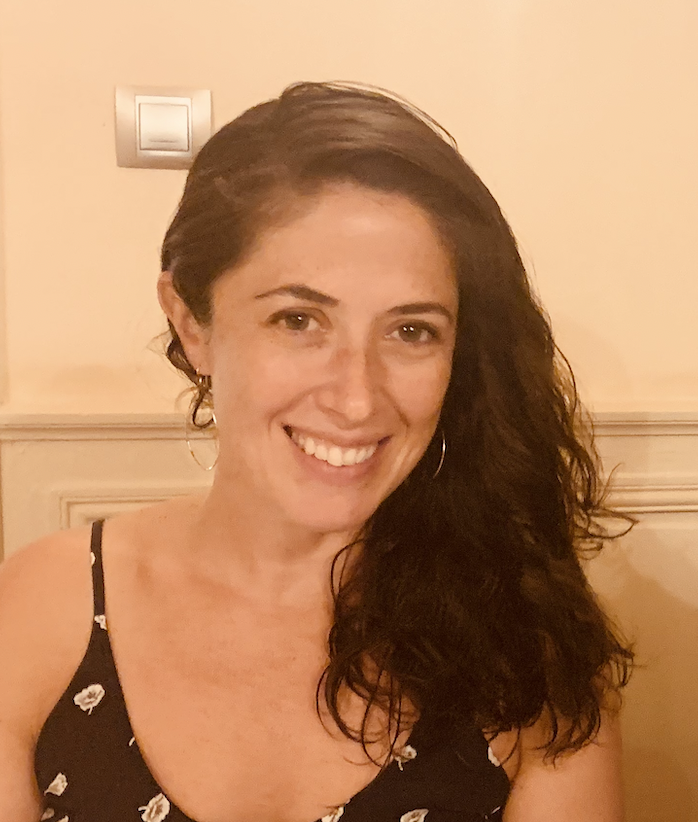 Samuel Beckett knew what it was like to wind up on the waitlist.
Samuel Beckett knew what it was like to wind up on the waitlist.
In general, the wait list is a way for colleges to ensure that all seats in the incoming class are filled by the fall. It's a hedge. Some schools have a wait list to protect themselves against the chance of admitted applicants choosing to head elsewhere for college, and leaving spots unfilled. On the other hand, the most prestigious schools just have too many excellent candidates to choose from, and use a wait list as a form consolation; it sounds weird and overly thoughtful for an elite university, but it’s often the case! Rather than outright rejecting a strong applicant, the waitlist softens the blow, AND gives the applicant a possible second chance.
The number of students placed on a wait list, and ultimately admitted to the college, varies greatly school to school. We do know that the wait list typically corresponds to the college’s historical yield, i.e. the percentage of accepted students they expect to enroll. The chances of getting off the waitlist at a given school will vary year-to-year, but typically hovers between 5% (at the most competitive schools) and 10%. Colleges will provide waitlist statistics on their websites, though you won’t find the official information to be that reassuring; given the factors at play (yield, desirability and profile, timing), it can be very hard for the college to predict what will happen in a given year.
All this said, you might be wondering what you can do while you await a final decision:
First, Confirm with the admissions office that you wish to remain on the wait list. Many schools reduce the size of their wait lists by eliminating non-respondents. Make sure to complete the process and notify the college that you are still interested in being considered. If you’ve been waitlisted at several schools, you should prioritize one (or two) and focus your efforts on admission there.
Accept a spot another college. The wait list does not mean you will be admitted. Of the schools that have accepted you, think hard about which makes the most sense for you. Consider academics, geography, size, environment, etc. and let them know you are coming!
Write the admissions committee a letter as soon as possible. Once you’ve been wait listed, you should market yourself to the college and make a clear case for why you belong there, and reiterate your interest. Try to provide concrete information about how you could contribute to the college community. After sending in your letter, stop there and don’t overdo it. Sending in gifts, or showing up uninvited, will not help.
Follow up once, but not more than once. Most colleges state that they begin to review the wait list early May, after all accepted students have sent in their decisions, and close out the process early July. If you haven’t heard by June, feel free to check in then. Keep it simple and polite.
If you produce any new and really good works of art or athletic videos, consider sending them as a supplement to your portfolio. Within reason, of course (don’t send them new blog posts), but if you’re a painter, say, and you produce a new painting you think is dope, it’s a good idea to send an image of it to the committee, and potentially any professors you’ve been interacting with. The same is true of short stories, videos of yourself thrashing defenses in field hockey, or musical CD’s.
Be optimistic and look ahead! Now is the time to get excited about where you have been admitted. You chose to apply to this school back in the fall, so chances are you were pretty excited about attending at some point. Take a look at the coursework and clubs on campus. College is fun. Get excited!


Comments